The Paris Novel by Ruth Reichl
I have read and enjoyed almost all of Ms. Reichl’s work – she’s a wonderful writer with a special talent for describing and writing about food. For years, she was the restaurant critic for the New York Times and then editor of Gourmet, one of my favorite magazine subscriptions. Here’s the collection of what I think are her best books. I suggest you find any of these books to get a taste (sorry) of her best work.
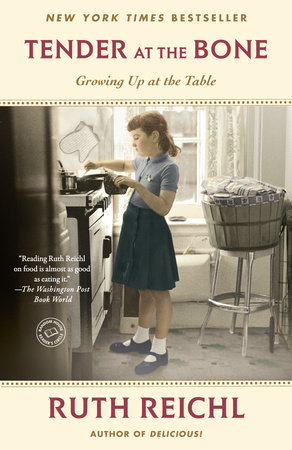
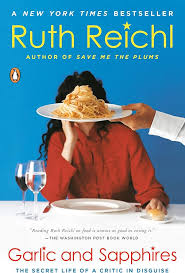
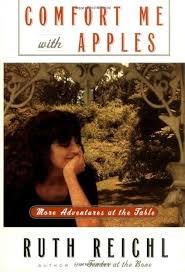
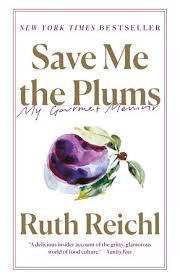
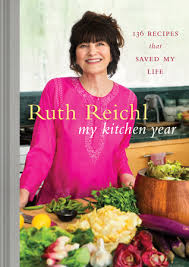
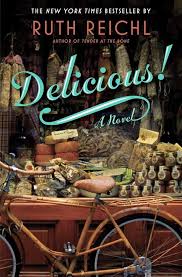
A few months ago, I was quite pleased to receive an advance copy of her latest novel from the publisher and saved it for our trip knowing it would be a delight.
When I started The Paris Novel, I immediately I had to remind myself that, yes, yes, this is one of my favorite authors. After reading the second chapter I had to close the book, as she included a very graphic child sexual abuse scene. I found it quite upsetting…so I chose another book to read for a while. But soon I had to try again, reminding myself it’s Ruth Reichl you always enjoy her books.
The book begins with Stella living a dull life in New York city. Her self-absorbed single mother (who chose to ignore the abuse described from a man she was seeing) has died and left her money and one request for Stella to go to Paris.
Once there, she discovers a vintage store, tries on a stunning Dior dress, and meets an older gentleman who introduces her to the real Paris. Stella becomes immersed in French cuisine, spends time working and living at the famous Shakespeare and Company bookstore, and unravels mysteries about her (possible) biological father — Ms. Reichl included the famous Richard Oldney as one of the father figures.
With the help of a precocious young French girl, she researches into the life of a female artist from the Impressionistic period whose work has been overlooked due to societal attitudes towards women in the arts.
Everything seems charmed for Stella, she meets generous people, given free apartments, treated to fine meals to dine on, even couture clothing and, without giving too much away — finding romance.
Whew! It’s as if my dear Ms. Reichl tried to include every possible Parisian cliche into the this novel. I kept reading The Paris Novel, despite its predictable characters and tropes.
Why did I keep reading ~~ the beautifully written descriptions of the incredible food and drink to be found everywhere in France. Reading these sections made me long to book a ticket and visit just to eat. Here’s just a sample.
What would we say? The wine spoke for itself. We were drinking time, drinking history, tasting the past. You can’t talk about that, and only idiots would try.
The oysters arrived on a deep bed of ice. She had never eaten an oyster, and she stared down at the platter. A ruffle of black encircled each opalescent heart; she thought of orchids. Triangles of lemon sat on the ice, and she picked one up and squeezed it, inhaling the prickly aroma. Then she reached for an oyster, tipped her head, and tossed it back. The oyster was cool and slippery, the flavor so briny it was like diving into the ocean. She closed her eyes to savor the experience, make it last.
The chef made the most beautiful salad I’d ever seen. He threw everything into it— pieces of lemon, bits of cheese, and then he took the violets out of the vase and tossed in the petals. It was beautiful.
I finished The Paris Novel, but I admit it was a struggle, and in my opinion, it was not at all up to par with her other books.
Her author’s note at the end was quite interesting, as it seems some of the novel may have been somewhat autobiographical ~~ namely the exquisite dress found in a vintage shop.
But please, please don’t discount Ms. Reichl based on this review of her latest. Read any of her other books (see above), you’ll find them delightful and bound to make you hungry for good food.
CLICK HERE — to read about two of my favorites.
A digital review copy was provided by Random House via Netgalley.


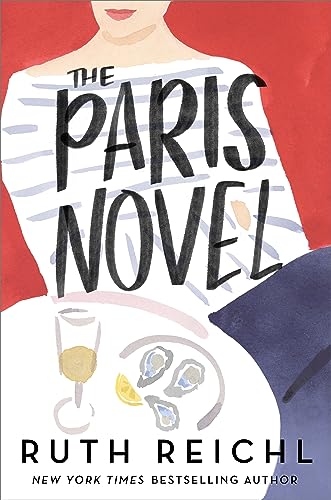




Comment *I am loving this book. I don’t want it to be over. Another Cinderella story in the making.”